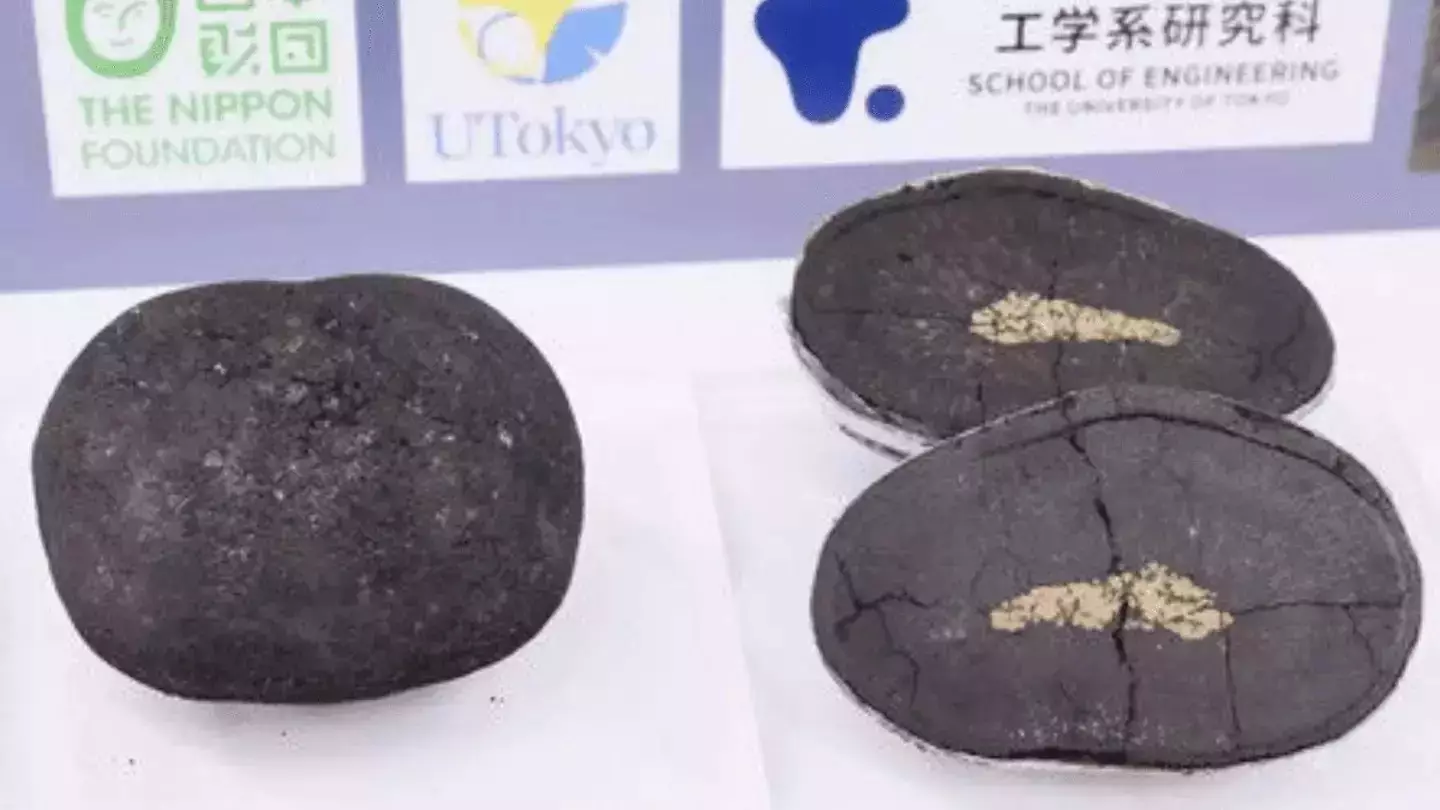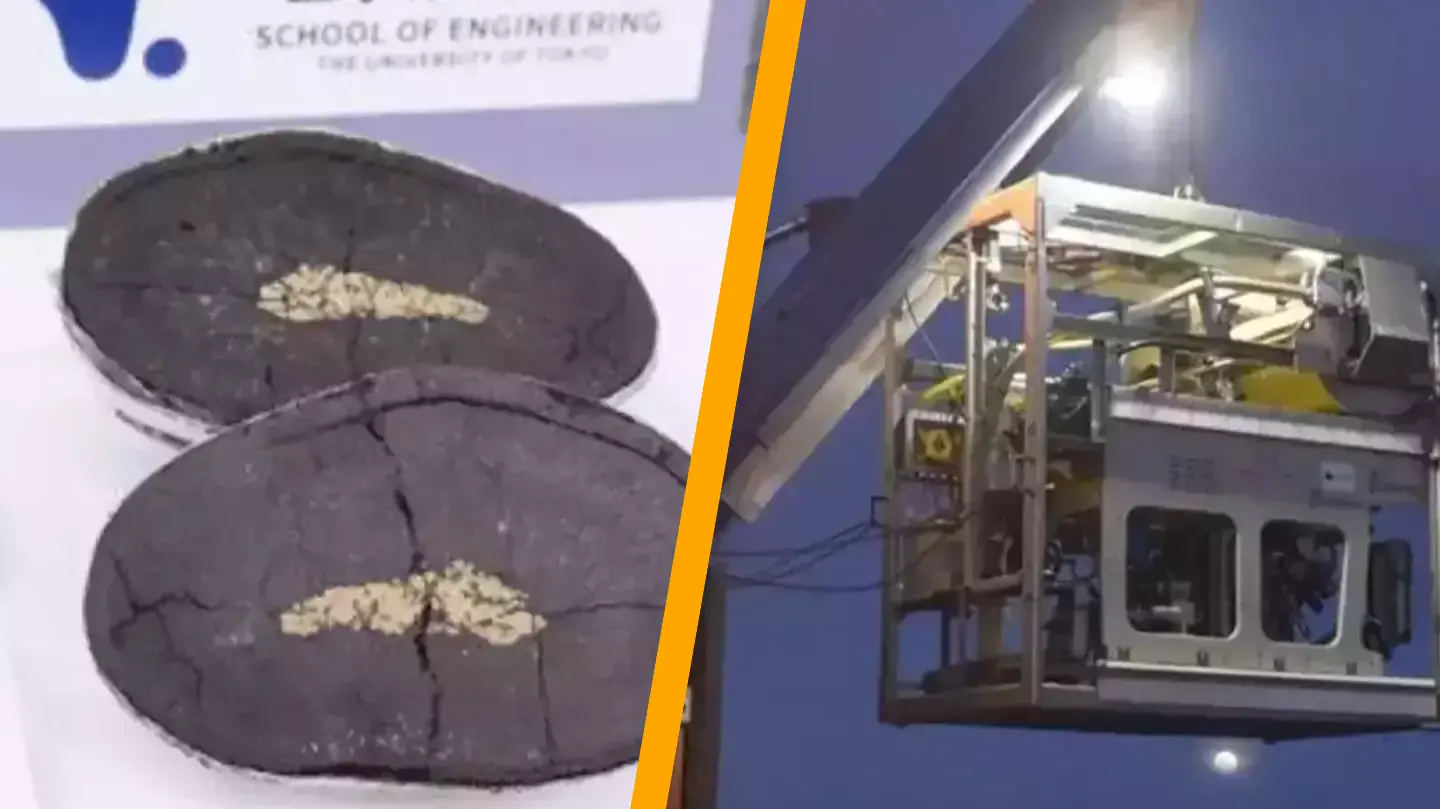An authority in environmental science has highlighted the severe ecological consequences of Japan’s recent $26,290,780,000 undersea discovery.
The Nippon Foundation and the University of Tokyo have recently completed a survey that identified a rich field of manganese nodules on the ocean floor near Minami-Tori-shima island, located approximately 1,200 miles away from Tokyo.
These nodules, found at a depth of about 5,700 meters, are laden with vast amounts of cobalt and nickel.
These materials are highly sought after because they are essential for the production of electric vehicle (EV) batteries. The quantities found are sufficient to satisfy 11 years of domestic demand.
The groundbreaking survey reported the presence of around 610,000 metric tons of cobalt and 740,000 metric tons of nickel, representing a significant economic value.
According to Trading Economics, the market price for one metric ton of cobalt is $24,300, while nickel is valued at $15,497.

Japan’s discovery translates to $14,823,000,000 worth of cobalt, with 740,000 tons of nickel valued at $11,467,780,000.
This sums up to a staggering total of $26,290,780,000 as of the current report.
Despite the enormous financial prospects for Japan, there is a stark warning from a study indicating that deep-sea mining is detrimental to marine ecosystems.
Research led by Travis Washburn, from the Geological Survey of Japan, observed that marine life diminishes in and around areas affected by deep-sea mining activities.
“These results suggest the impact of deep-sea mining could be even bigger than we think,” Washburn stated.
A year following the test, researchers documented a significant 43 percent reduction in fish and shrimp populations in the vicinity of the mining site.
“I had assumed we wouldn’t see any changes because the mining test was so small. They drove the machine for two hours, and the sediment plume only travelled a few hundred meters,” Washburn added.
“But it was actually enough to shift things.”

Colin Hamilton also commented on the intricate challenges of resource extraction at such oceanic depths.
“Extraction will not be simple, and we see this as a potential test case for the benefits versus disadvantages of deep-sea mining of materials relating to the global fuel to materials transition,” he detailed in a recent briefing.
Sophie Benbow, a marine program director at a conservation charity, shared her concerns with the BBC: “There is so much we could learn from ocean biodiversity.
“Medical advances and new technologies could be deciphered from the study of deep-sea species, but they could be wiped out before we even know they exist if deep-seabed mining is to go ahead prematurely.”

